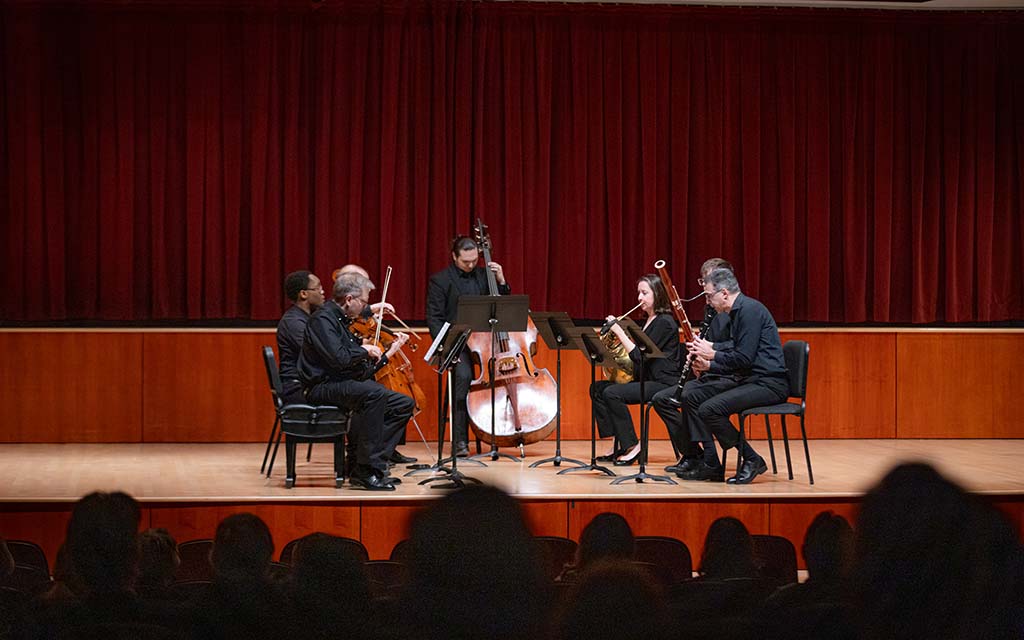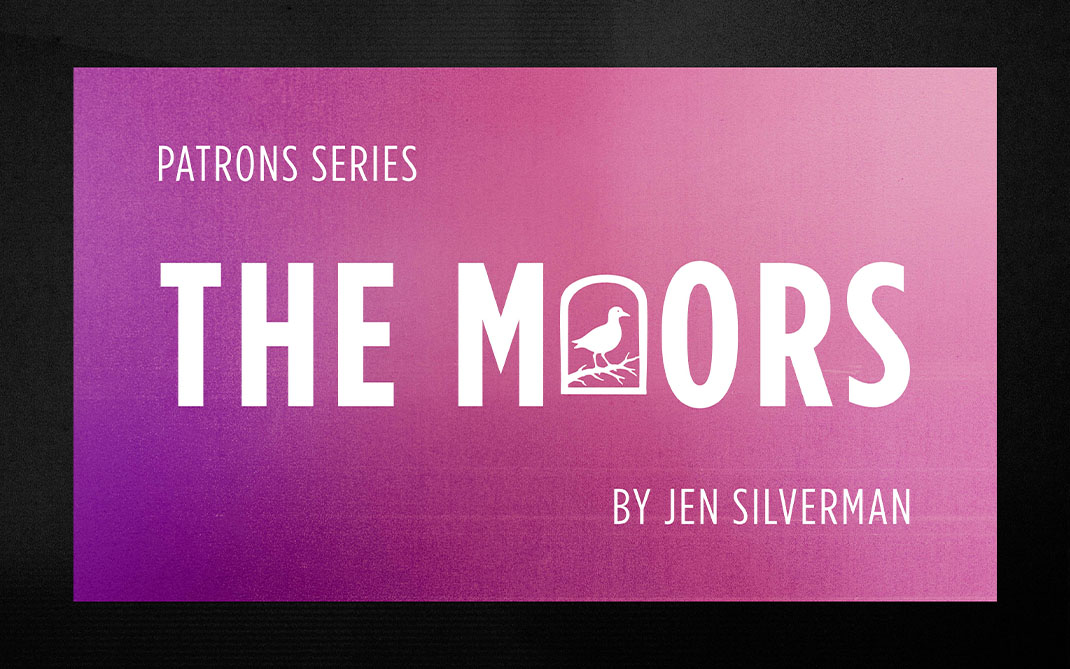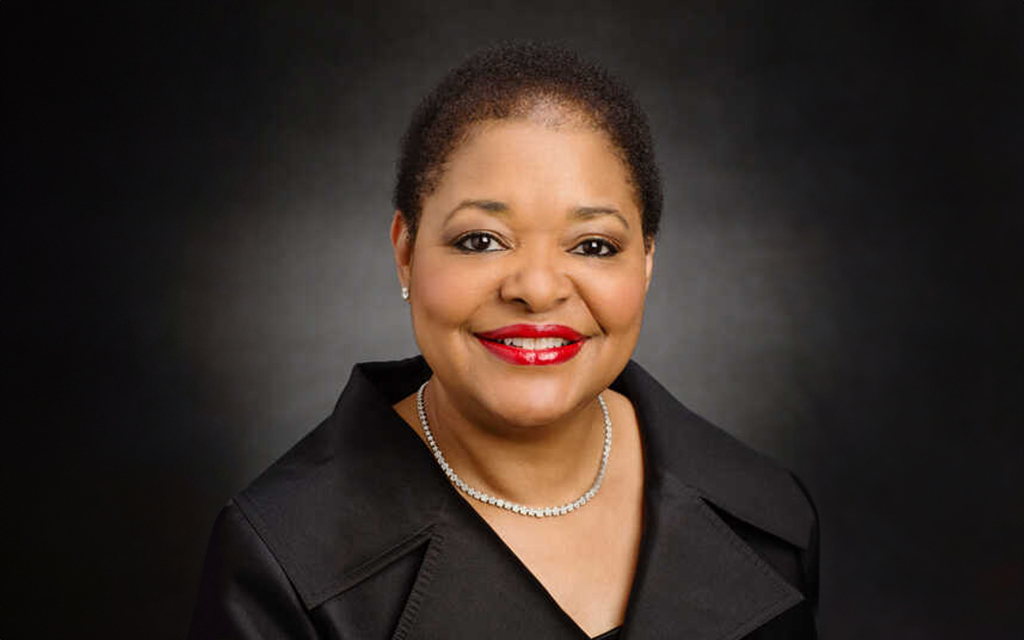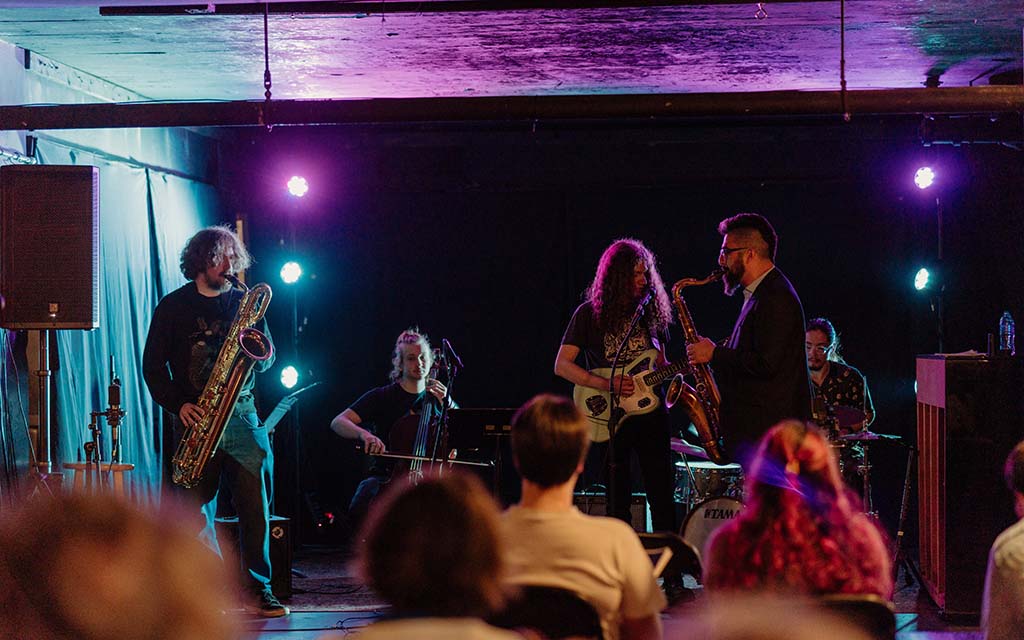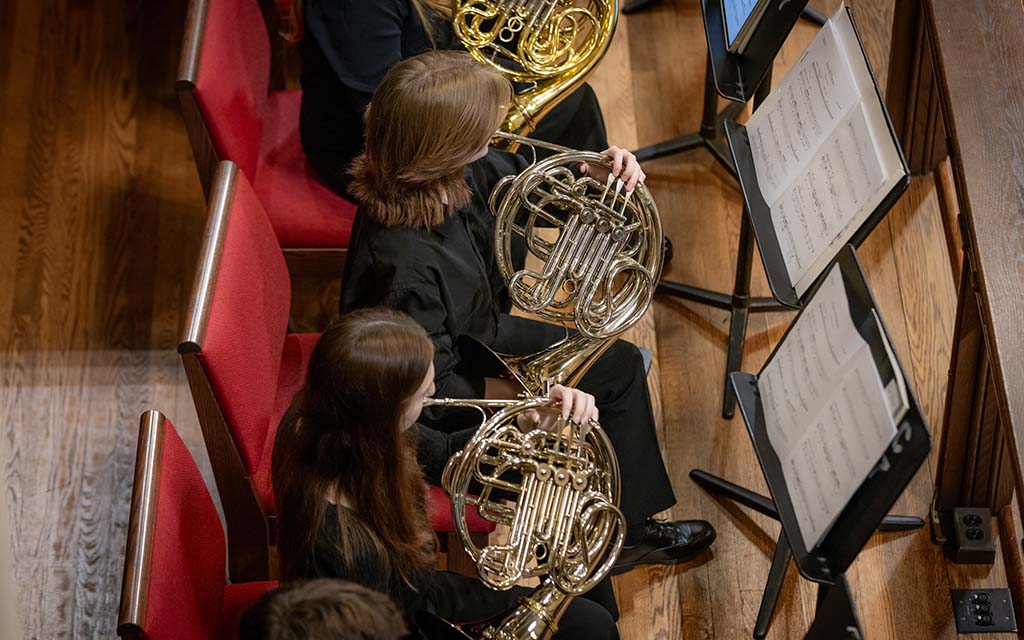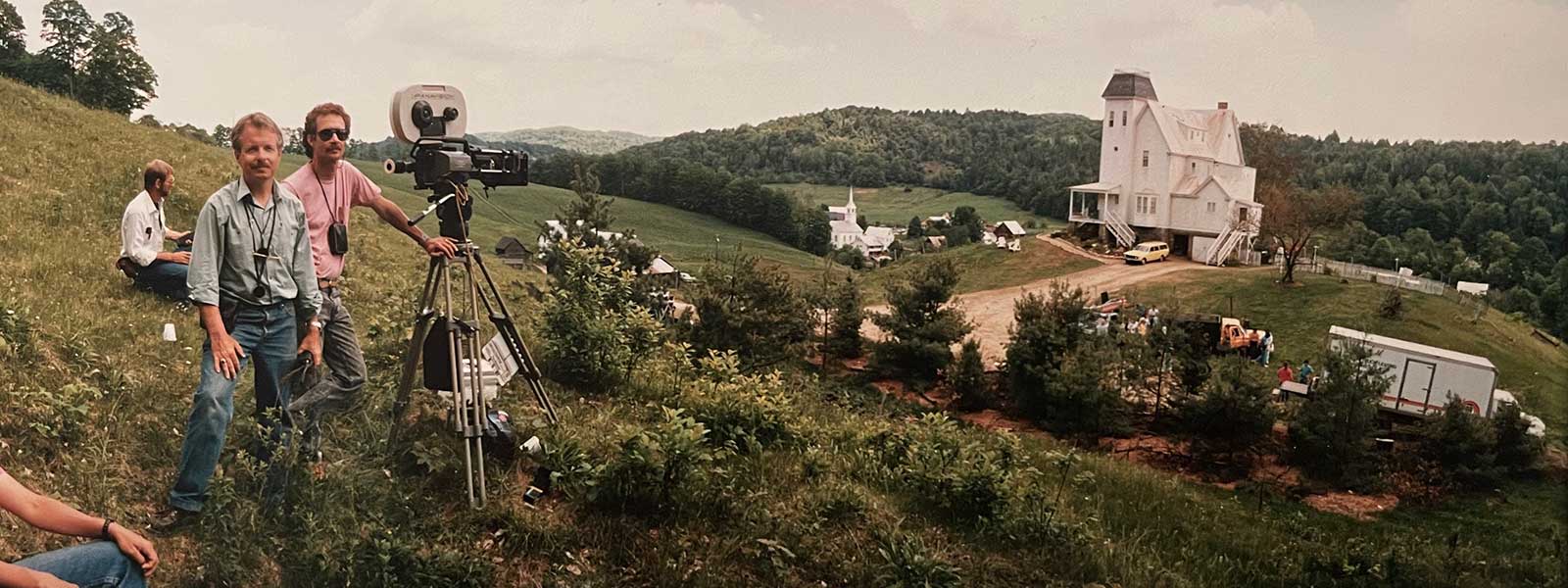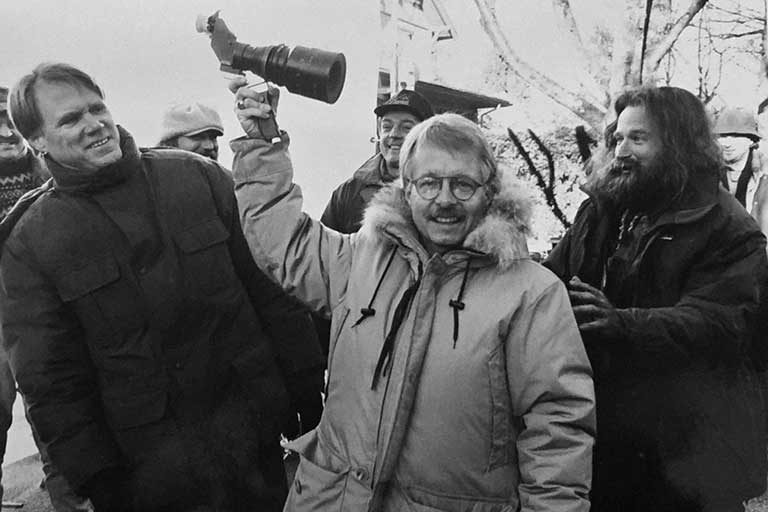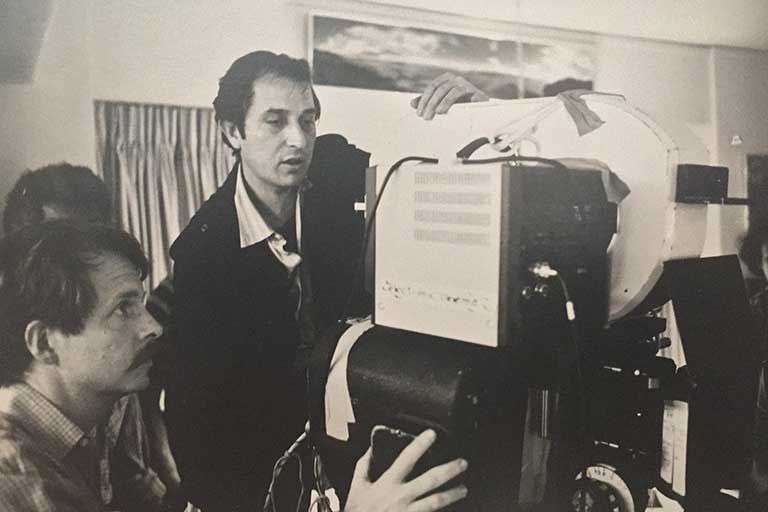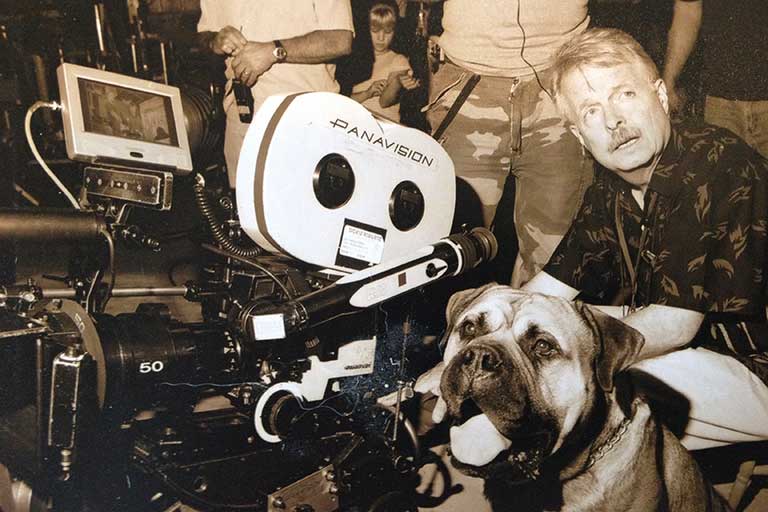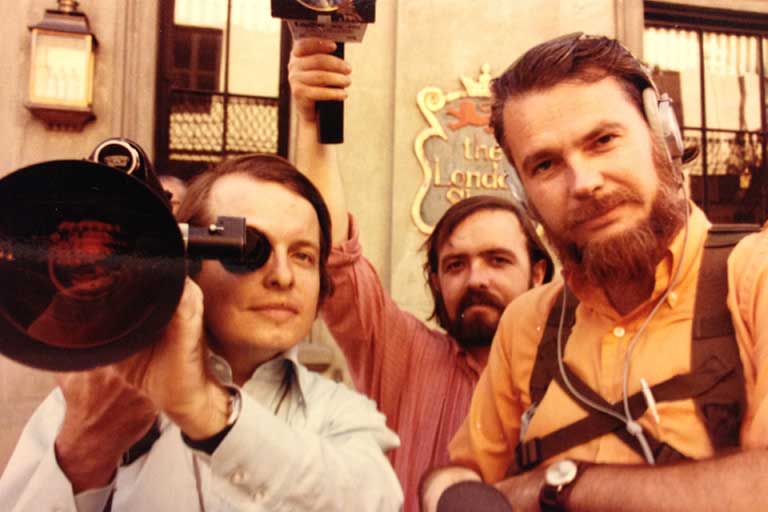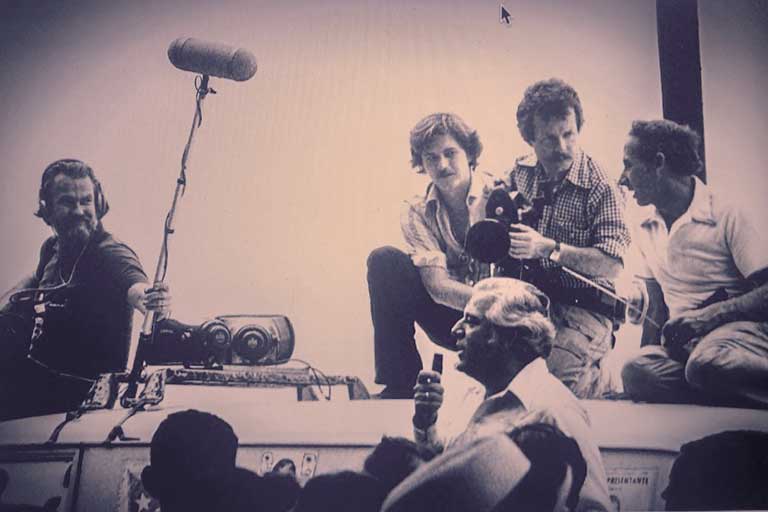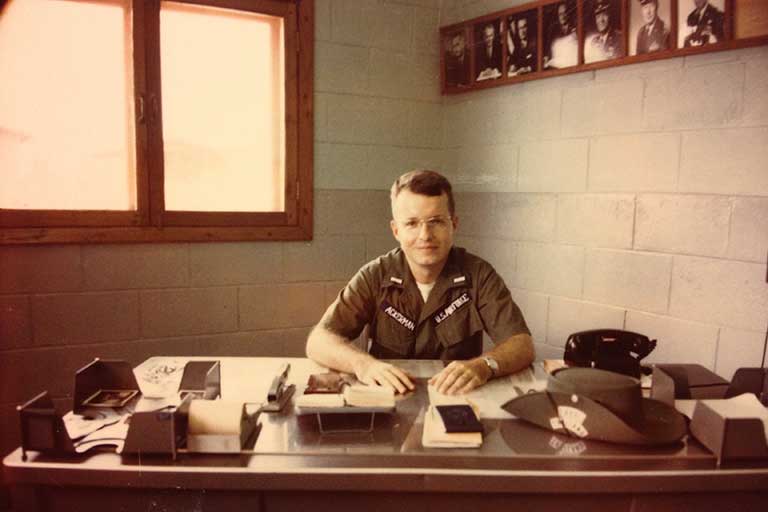Thomas Ackerman's blockbuster career informs new work in academic research
Cinematographer and School of Filmmaking faculty member Thomas Ackerman has had a lifelong relationship with film, taking shape in varied ways throughout his expansive career. In his latest iteration, Ackerman is an academic researcher, studying the effects of cinematics on audience perception alongside cognitive psychologists from universities across the country.
With his colleagues, Ackerman presented his research this summer at the international NeuroCine conference. His work on that project began nearly a decade ago and taps into his wealth of experience from a career that has spanned everything from local commercials to documentary films for federal agencies to blockbuster comedy staples like "National Lampoon's Christmas Vacation" and "Anchorman: The Legend of Ron Burgundy."
Ackerman has also spent the last decade-and-a-half teaching filmmaking and cinematography at UNCSA, an opportunity that has given him the space to reflect on his career and the lessons he's learned as a filmmaker — insights he eagerly shares with his students.
Here, he discusses his academic research, his journey across the landscape of moviemaking and how those experiences continue to develop his understanding and appreciation for the art form he's loved for so long.
Filmmaker turned researcher
Ackerman's work in research began nearly a decade ago, when he met Joseph Magliano, a cognitive psychologist at Georgia State University. Together, with Christopher Kurby, J. Mac Stewart (Grand Valley State University) and Sydney Garlitch (University of North Carolina at Greensboro), their research has explored the effects of camera framing on audience perception.
To study this, they filmed two actors setting up a campsite from three different camera angles. They then showed study participants one of three versions of the film: an objective view (that did not emphasize the actions of either actor), a version in which one of the actors was in the foreground, or a version that mixed shots from each of the three camera angles.
When I’m on set, shooting a day’s work, it’s about making the image. There’s very little time to 'contemplate.' ... At NeuroCine, the discussions and bullet points played an important role: to dissect the filmmakers’ process.
Thomas Ackerman
After participants viewed a version of the film, they were then engaged in tasks to analyze or recall events in the film. The results have been published in "The Journal of Cognitive Psychology" and were presented at the 2022 Baltic NeuroCine Conference at Tallinn University in Estonia.
This research has been an opportunity to formalize concepts Ackerman intuitively understands as a cinematographer. "When I’m on set, shooting a day’s work, it’s about making the image. There’s very little time to 'contemplate.'" His research and participation at NeuroCine has allowed him the time to do just that — reflect on the filmmaking process in a meaningful way.
"At NeuroCine," he said, "the discussions and bullet points played an important role: to dissect the filmmakers’ process."
The path to filmmaking
For Ackerman, that process began as a kid in rural Iowa, admiring the work of his father, Ralph Ackerman, who was a newsreel cameraman in the 1930s. He was also an IATSE stagehand and, later, a projectionist in Cedar Rapids at the Time Theater.
"I got to watch every movie that came to town, either from the projection booth or the manager’s office right next to it," Ackerman recalled. "Added to that, the aroma of machine oil and a carbon arc light blazing away in the projector. I saw the care and craftsmanship that my dad put into that job."
Ackerman earned his B.A. in speech and dramatic art from the University of Iowa, but his sights never quite turned away from the camera and the big screen. "Early on, I knew I wanted to make movies, but I also wanted to know where the process started,” he said. “I didn’t know how to do that, but I was committed to getting there.”
His ambitions, he admits, were initially somewhat modest: “I would have been more than happy to be a camera operator at the TV station in Cedar Rapids.” A college internship as a mail messenger at NBC Studios in New York City helped steer him in another direction. That summer job was his first brush with the world of studio production and he was intrigued. After graduating and completing a stint in the U.S. Air Force, he worked in Washington, D.C., making documentary films for Guggenheim Productions. From there, he moved to Los Angeles, where he founded Robe/Ackerman with an Air Force colleague, Mike Robe, making commercials. The pair built a successful business in the competitive environment.
Despite his success, Ackerman still found himself curious about big studio productions. He felt he didn’t have the knowledge or formal training he needed, even with his years behind the camera. “I still didn’t think I knew much about how movies were made at a studio,” he said. So, he got his union card as a camera operator and was able to get work at Universal Studios.
It was a great way to learn and observe the process, he said. Eventually, he was signed by the Gersh Agency, which still represents him today. One of the first successful studio films he worked on was "Back to School" with Rodney Dangerfield. In the following two-and-a-half decades, he was director of photography for a number of high-grossing, popular films including "Beetlejuice," "Christmas Vacation," "Jumanji," "George of the Jungle," "The Adventures of Rocky and Bullwinkle," "Anchorman" and many others.
From cinematographer to instructor
Eventually, Ackerman set his sights on teaching, joining the faculty at UNCSA in 2008. From the beginning, he's been intent on translating his work and experiences into lessons to be shared with his students.
In that vein, he doesn't sugar coat the realities of the business. "Students don’t want to be patronized," he said. "From the first class, I share three thoughts: 1. This profession is not for the timid. 2. Push yourself and work hard. 3. If a kid who didn’t attend film school can make it, so can you. In fact, you’ve got a head start."
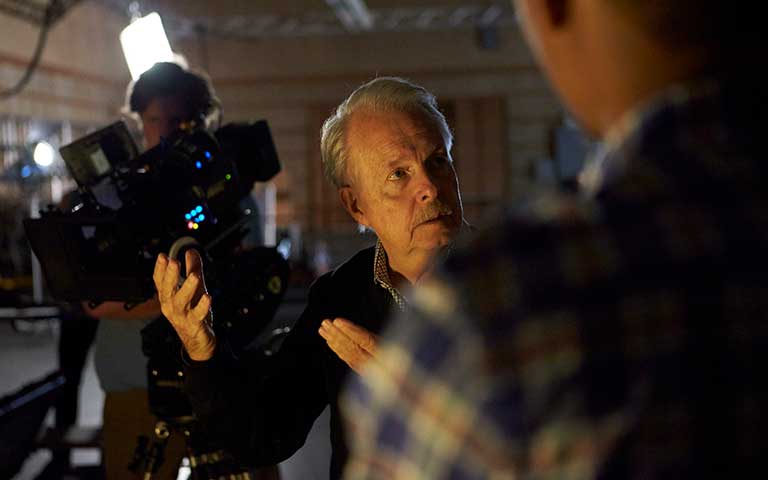
Ackerman instructing students in a cinematography class at UNCSA. / Photo: David Hillegas
His recent research continues his exploration of the craft and continually adds to the knowledge base he brings to his classes. "After 40-plus years of shooting and my time at the School of Filmmaking, I keep learning how to do the job. Cinematography isn’t a career that tolerates inattention."
Working with his psychology colleagues — who are now preparing to expand their research to study the effects of color in film on perception — he is grateful for the time to analyze and reflect on the craft he's spent so much time doing. "When I’m shooting, there is no opportunity to draw on scholarly research," he said. "Movies aren’t made that way. However, there are those in the academic community who use it very effectively. So, my role is that of a hunter-gatherer. I bring what is discovered back to the village for others to dissect, and, when possible, apply."
The most important take-away: Don't stop learning and evolving.
"The kid from Cedar Rapids may have loved movies but he didn’t have a viable path forward until he actually started working in the industry," Ackerman said. "In fact, I believe that anybody working in this art form should review and reinvent on a regular basis."
Get the best news, performance and alumni stories from UNCSA.
SUBSCRIBE TO OUR NEWSLETTERS
August 10, 2022
